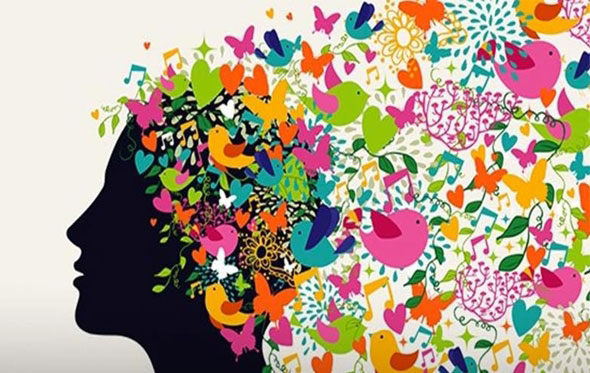Why do relationships matter
Relationships play a pivotal role in shaping children's lives, influencing their emotional, social, and cognitive development in many ways than one. From the earliest moments of life, children are wired to connect with others, and the quality of these relationships impacts their growth and well-being.
Relationships with parents, caregivers, siblings, and peers provide children with the emotional support and security essential for healthy development.
Secure attachments formed in early childhood serve as a foundation for building trust, empathy, and resilience. Through interactions with others, children learn to regulate their emotions, express themselves, and develop a sense of belonging.
Meaningful relationships stimulate cognitive growth by providing opportunities for language development, critical thinking, and problem-solving. Collaborative activities and play encourage creativity, imagination, and the exploration of new ideas. This is majorly observed when kids begin schooling.
Positive relationships serve as models for prosocial behavior, teaching children empathy, kindness, and cooperation.
By observing and interacting with others, children learn appropriate ways to express themselves, resolve conflicts, and navigate social situations.
On the other hand, Broken relationships can disrupt the sense of security and stability that children rely on for healthy development. Changes in living arrangements, routines, and family dynamics can leave children feeling uncertain about their future and their place in the world.The stress and upheaval caused by broken relationships can interfere with children's academic performance and social interactions. They may struggle to concentrate in school, form trusting relationships with peers, or participate in extracurricular activities due to emotional distress or instability at home.
In conclusion, relationships are the cornerstone of children's development, providing them with the love, support, and guidance they need to thrive. By nurturing meaningful connections with family members, peers, and other caregivers, we can empower children to reach their full potential emotionally, socially, and intellectually. As Teachers, we have a profound responsibility to cultivate environments where every child can experience the transformative power of positive relationships.

